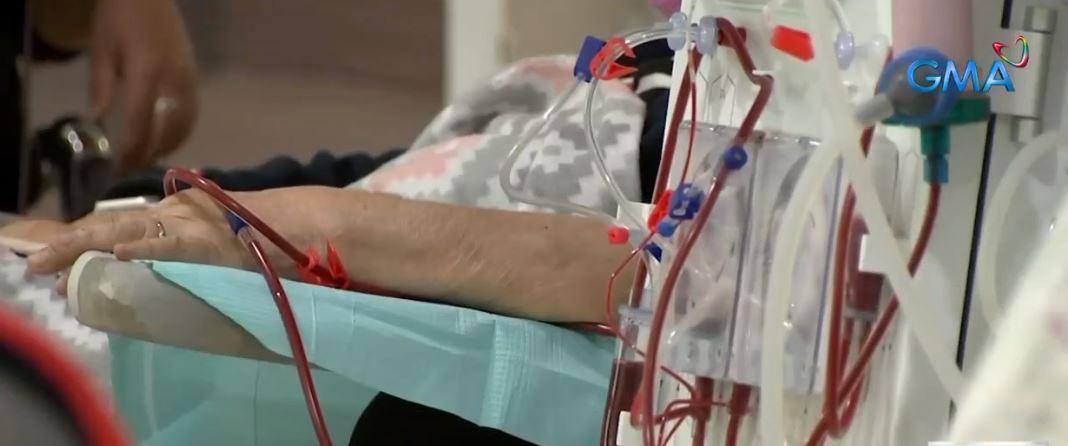UK’s soaring liver cancer death rate blamed on alcohol and obesity | Cancer

One of the country’s leading health charities is calling for urgent action to reduce the “carcinogenic effects” of cheap alcohol and unhealthy food after a 40% increase in deaths from liver cancer in a decade.
Liver cancer is now the fastest rising cause of cancer death in the UK, warns the British Liver Trust. Since the early 1970s, liver cancer mortality rates have more than tripled.
“The key drivers for the increase in cases and deaths are alcohol and obesity,” said Pamela Healy, chief executive of the British Liver Trust.
“Too many of us are drinking too much alcohol and are overweight. We urgently need government action on both issues. Government interventions can create a healthier environment for everyone. The government must urgently tackle the accessibility and abundance of unhealthy food which is often significantly cheaper.”
The intervention comes after the government delayed the implementation of rules banning supermarket multi-buy deals on foods high in fat, sugar or salt. Ministers have also faced calls from the Association of Directors of Public Health for minimum unit pricing on alcohol, which was introduced in Scotland in 2018 with a minimum price of 50p a unit of alcohol.
The British Liver Trust has submitted evidence on the rising rates of liver cancer to an inquiry by the parliamentary health and social care committee into future cancer care, which is examining innovations in diagnosis and treatment.
The submission states that in addition to the need for earlier diagnosis and access to the most effective treatments, there must be a greater focus on prevention. It says the biggest risk factor for developing liver cancer is liver disease, which can be reversible through lifestyle changes including reduced alcohol consumption and weight loss.
The submission states: “We are calling for upstream interventions to reduce the carcinogenic effects of the unhealthy food and drink environment. Population-wide measures which regulate the affordability and accessibility of alcohol and unhealthy food are proven to be more effective than individual behaviour change in reducing disease burden and addressing health inequalities.”
The charity calls for a comprehensive alcohol strategy addressing promotions and affordability. It points out alcohol is a group 1 carcinogen which causes at least seven types of cancer. Figures compiled by Cancer Research show the mortality rates for liver cancer per 100,000 of population in the UK have increased from 6.4 in 2007-09 to 9.3 in 2017-19. Primary liver cancer has one of the lowest survival rates of all cancers.
The British Liver Trust says improved surveillance of high risk groups with liver disease is vital to ensure earlier diagnosis and improve survival rates. It also wants to see more investment in research focusing on liver cancer.
The government faces increasing scrutiny over whether it could take more effective action to prevent obesity. Danone UK and Ireland, one of the country’s biggest food firms, said last month ministers should consider taxing products high in fat, sugar or salt to combat the obesity crisis.
In its submission to the inquiry, the Department of Health and Social Care says it is committed to the ambition of diagnosing 75% of cancers at stage 1 and stage 2 by 2028. It says its interventions include community health liver checks for those with a high risk of cirrhosis, with the programme targeting deprived communities.
A DHSC spokesperson said: “We are taking action to encourage healthier food and drink choices, as well as tackling obesity – recognising that it costs the NHS around £6.5 billion a year and is the second biggest cause of cancer – while respecting the importance of individual choice. This includes introducing calorie labelling on food sold in restaurants, cafes and takeaways to empower people to make informed personal choices about their lifestyle.
“The NHS has seen and treated record numbers of cancer patients over the last two years and cancer is being diagnosed at an earlier stage more often. We’re also strengthening the cancer workforce and have published the first ever Long Term Workforce Plan, backed by over £2.4 billion, to deliver the biggest training expansion in NHS history over the next 15 years.”
link







